While wearables like smartwatches have caught on and become mainstream, one category of wearables has yet to achieve that level of success, and that comes in the form of wearable headsets like smart glasses. But that has certainly not deterred TCL who debuted their first pair, the RayNeo X2, at CES 2023.
TCL has been experimenting with AR glasses for a while now but it has mostly been in the form of prototypes, so the RayNeo X2 is actually the first pair that the company plans on releasing for sale later in the year.
In terms of specs, the glasses will be powered by Qualcomm’s Snapdragon XR2 chipset and comes with 6GB of RAM and 128GB of storage. The design is also rather simple, which is a good thing because some glasses, like Google Glass, tended to look too futuristic and a bit out of place for day-to-day use.
Despite their normal looking appearance, the RayNeo X2 also houses a pair of micro LED displays in each of the lenses that offers a brightness of up to 1,000 nits. The glasses also comes with a 16MP camera that can record 1080p video and take photos. There are also built-in sensors and a set of speakers.
At the moment we have yet to see a pair of AR glasses take off in the mainstream, so it remains to be seen if TCL can make it work. The company is expected to make it available to developers first, presumably so that they can create an ecosystem for it, before releasing it for everyone else towards the later part of 2023.

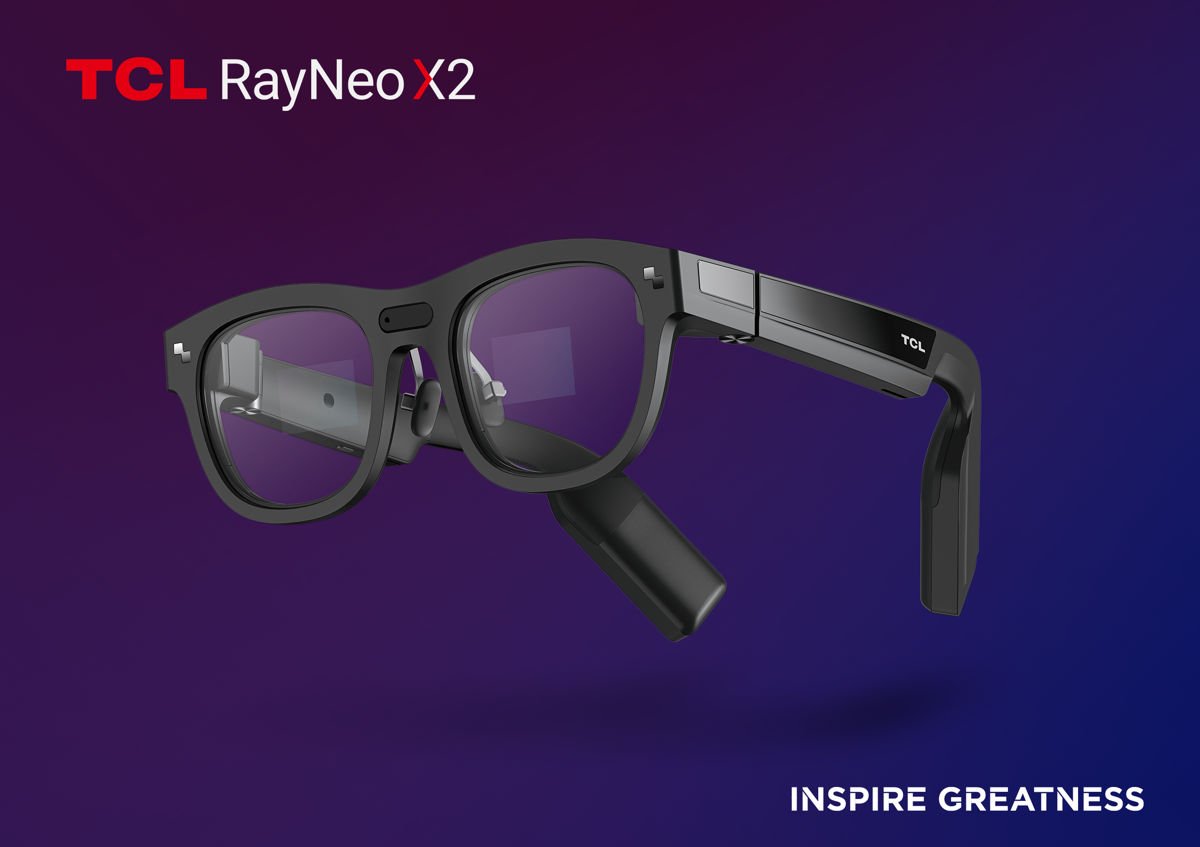
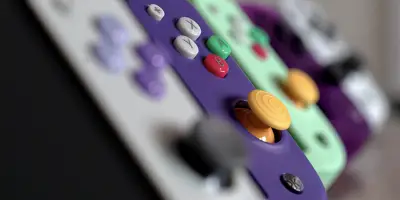
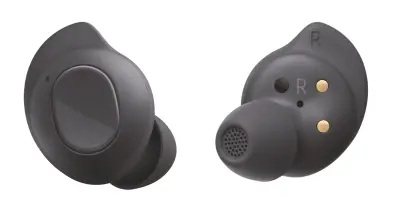
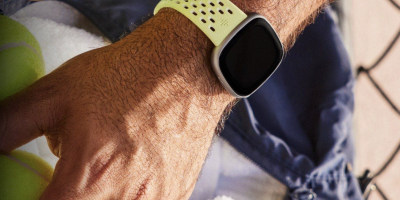
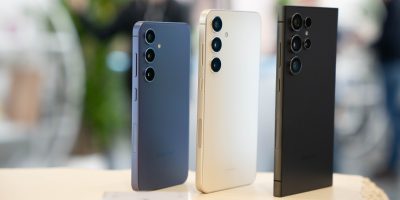
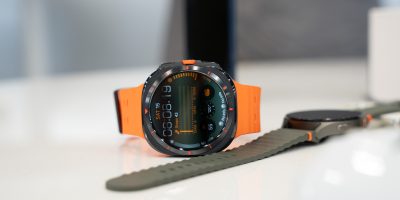
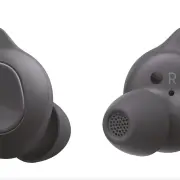



Comments